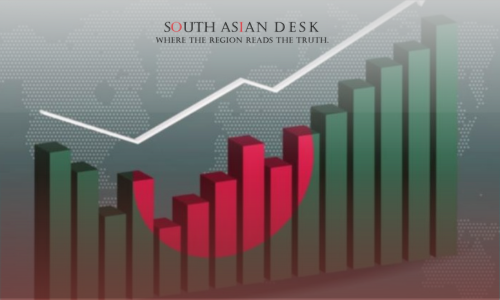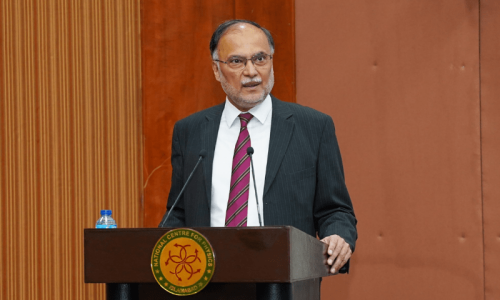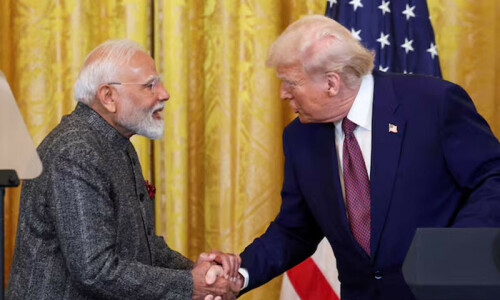Political stability directly influences economic confidence, and recent developments in Bangladesh highlight this connection. A clearer political landscape is fostering optimism among businesses and investors, signaling potential growth for the nation’s economy.
The interim government’s steps toward establishing a roadmap for elections have provided much-needed predictability. Businesses rely on stable governance to plan investments, and this move addresses concerns about uncertainty that have lingered in recent months. Economists note that a defined political path encourages both domestic and foreign investors to engage more actively, as it reduces risks tied to policy inconsistency.
Economic indicators reflect this shift. For instance, Bangladesh’s readymade garment industry, a cornerstone of its export economy, is seeing renewed interest as stability returns. However, challenges like high interest rates and infrastructure gaps remain hurdles to broader economic diversification. Addressing these, alongside maintaining law and order, is vital to sustaining this momentum.
The government’s focus on banking and energy sector reforms also plays a role. By tackling issues like loan defaults and energy shortages, policymakers aim to rebuild trust in key industries. These efforts, combined with a commitment to transparent governance, are critical for long-term economic stability.
Posts on X echo this sentiment, with users discussing how political clarity is restoring faith in Bangladesh’s markets. While global pressures, such as potential U.S. tariff hikes, pose risks, the current trajectory suggests a cautiously optimistic outlook for the country’s economic future.
Published in SouthAsianDesk, June 26th, 2025
Follow SouthAsianDesk on X, Instagram and Facebook for insights on business and current affairs from across South Asia.




![Collage of COAS Field Marshal Munir [L] and US President Donald Trump. — ISPR/AFP](https://southasiandesk.com/wp-content/uploads/2025/06/18090415659519a-2.jpg)